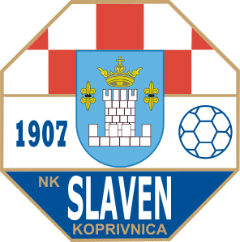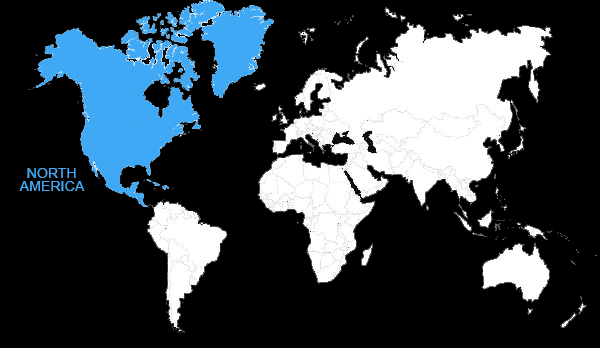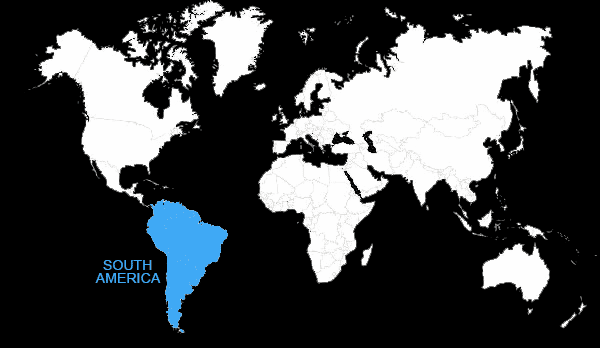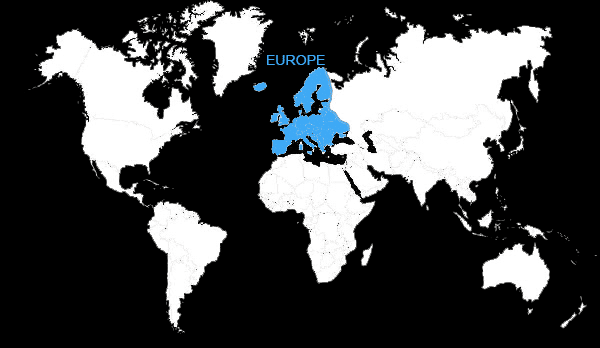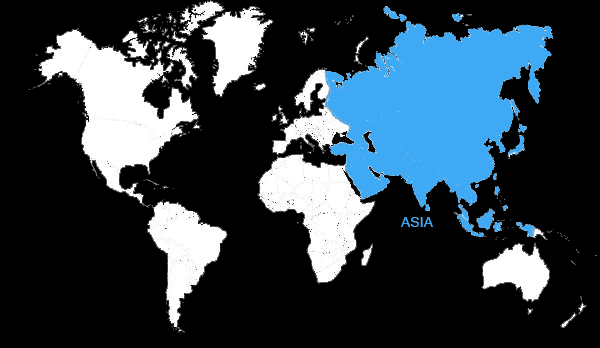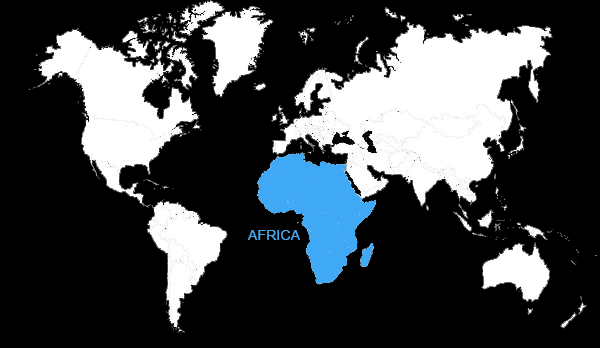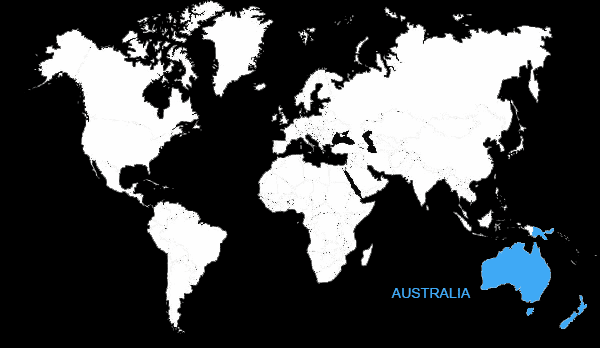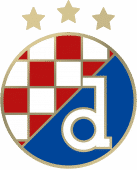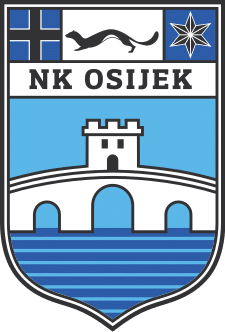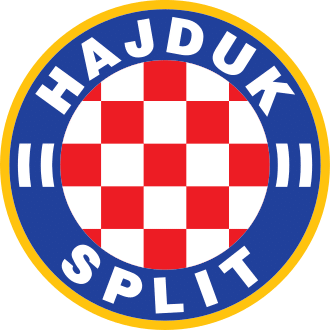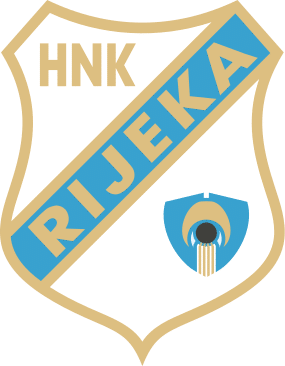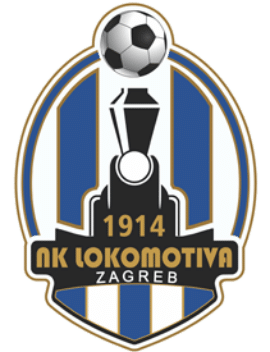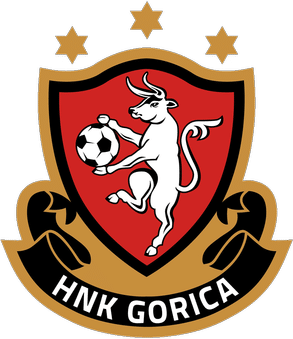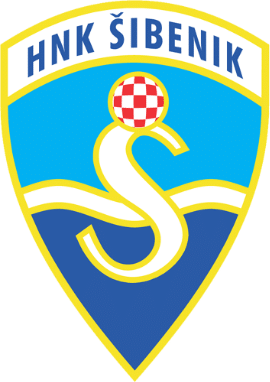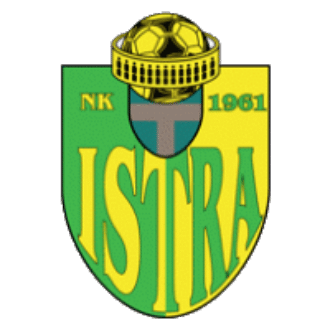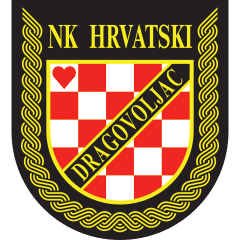NK Slaven Belupo Tryouts & Club Guide: History, Stadium, Players, and More!

Welcome!
Discover the world of soccer with fcscout.com, your go-to scout for club tryout information, club guides, player profiles, in-depth product reviews, and more. We’re dedicated to exploring and revealing the best in each domain, empowering you with knowledge to make informed choices.
Thank you for being here!
Hi, I’m Carlos! A coach, sports enthusiast, and the founder of FCScout.com.
I fell in love with the game at a very young age like many of you. I’ve been following and playing soccer for many years.
Throughout my career, I always enjoyed helping soccer players chase their dreams, which is why I started this website. I wanted to reach a larger audience outside of my local area and fcscout.com was born.
This website is a platform I will be using to update club pages on any tryouts, stadiums, players, tech, and more from clubs around the world. I also create free recruitment profiles for players looking to have that extra competitive edge when reaching out to clubs.
That’s it. That’s my pitch for you to stick around (or browse the site as you please).
This is already too much text for a “see more” drop-down button thing. If you want to reach out to me, head on over to my contact page 🙂

Nogometni klub Slaven Belupo, often referred to as NK Slaven Belupo, Slaven Belupo or simply Slaven, and known internationally as NK Slaven Koprivnica, is a Croatian professional football club based in the city of Koprivnica in the north of the country.
Slaven Belupo Youth Development System
Slaven Belupo has an established football school, where they have various categories of youth teams. The full list of contacts at the football school can be found by clicking here.
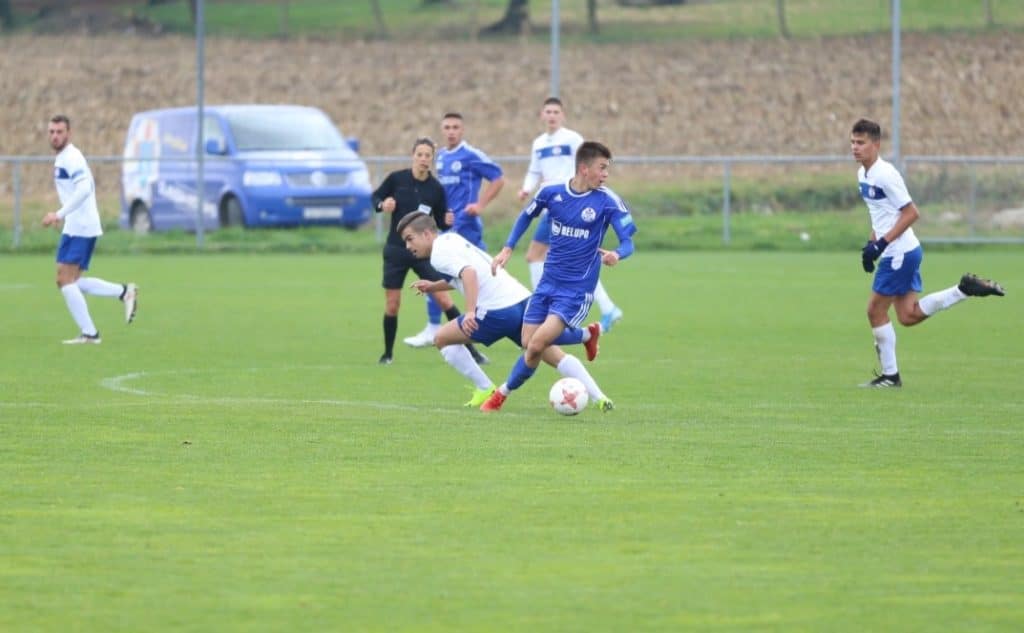
Slaven Belupo Recruitment Trials
At the time of this writing, there is no official publishing’s on Slaven Belupo trials. Please come back at a later date while we monitor this club or click here to visit their official news section.
EXPLORE MORE CLUBS!
Explore more professional clubs by continent.
Slaven Belupo History
In June of 1907, a student squad in Koprivnica was organized and given the name aaki nogometni klub, which translates to “Students’ Football Club” from its Croatian name. This was the beginning of the city’s first football club. On August 20, 1912, members of the Friedrich family established a sports club known as H.K. Slaven; this date is considered to be the founding date of the club as it exists today.
The term “Slaven” was first used in connection with the establishment of this club. In 1920, the club was victorious in the Yugoslav regional competition known as the Croatian championship and took home the trophy. After that, the band was known as H.K. Victorija, although they disbanded only six years later due to financial issues. Slaven was renamed. As a direct consequence of this, the city of Koprivnica did not have a football team for a span of four years, from 1926 until 1930.
Between the years 1930 and 1945, the club was variously named as HK Koprivnica, HK Danica, and RNHK Sloga. It wasn’t until the establishment of FD Slaven that the name Slaven was brought back into use. Prior to its rebranding as NK Slaven in 1958, the club was known by its original moniker, SD Podravka, beginning in 1953.
The name Slaven has remained in use up until the present day, despite some regular alterations to the names of the club’s primary sponsors. Between the years 1992 and 1994, the club operated under the name NK Slaven Bilokalnik. After that, it entered into a sponsorship agreement with the pharmaceutical business Belupo, which is situated in Koprivnica, and changed its name to the one that it uses now. Since their initial promotion to the Prva HNL in the year 1997, Slaven have never been demoted to a lower league.
They were able to earn a spot in the UEFA Intertoto Cup because to their fifth-place performance in the Prva HNL in the year 2000. In their maiden appearance in the Intertoto Cup, they were able to go to the third round of the competition before being defeated by the Czech club Sigma Olomouc. They were eliminated by Sigma Olomouc after suffering a 2–0 defeat at home and a 0-0 draw on the road. The next year, they were able to achieve the same level of achievement, but they were ultimately ousted by the well-known English club Aston Villa with an aggregate loss of 3–2.
They went on to have even more success in the subsequent two Intertoto Cup competitions they participated in, both of which saw them advance to the semifinals of the competition. They were knocked out of the competition after suffering defeats at the hands of illustrious clubs Stuttgart and Lille, both from Germany and France, respectively.
Their most recent run in the Intertoto Cup, which took place in 2005, came to an end in the third round when they were eliminated by Spanish club Deportivo La Corua, losing the first leg by a score of 1–0 and the second leg by a score of 0–3. The most successful team in the history of the Intertoto Cup is Slaven Belupo, which places them at the top of the all-time Intertoto Cup table.
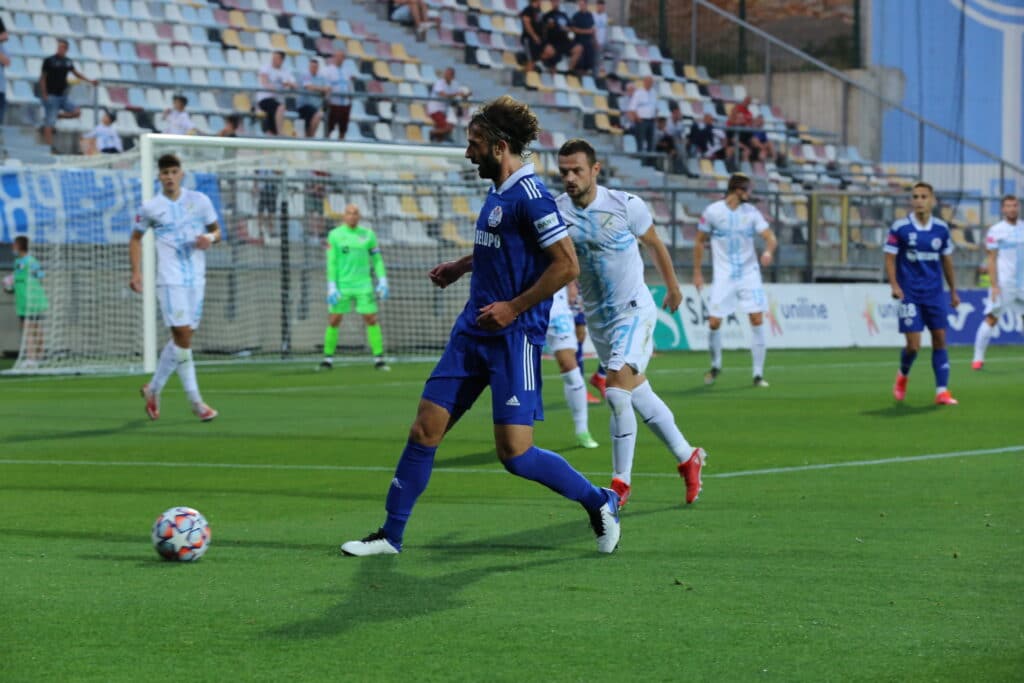
After defeating the reigning champions of the Croatian Cup HNK Rijeka 3–2 on aggregate, the club made its first appearance in the final of the Croatian Cup in the year 2007. They were defeated by Dinamo Zagreb 2–1 overall in the championship match.
Despite the fact that they were defeated in the championship match, Slaven became the first team in the club’s history to qualify for the UEFA Cup. This was possible since Dinamo had already secured their spot in the UEFA Champions League as a result of winning the Prva HNL. Slaven defeated Albanian team Teuta Durrs 8–4 on aggregate to go to the second qualifying round of the 2007–08 UEFA Cup.
However, they were knocked out of the competition after suffering a 4–2 aggregate loss to Turkish club Galatasaray. The year 2008 was the one in which Slaven achieved their highest domestic achievement to this day, as they finished in second place in the league competition. Slaven Belupo achieved what is undoubtedly the biggest performance in the club’s history on August 28, 2008, when they defeated Aris of Greece 2–1 overall to qualify for the 2008–09 UEFA Cup.
Aris was the team they were competing against in the qualifying round. Slaven earned a spot in the 2012–13 UEFA Europa League by claiming the third place finish in the 2011–12 1. HNL. Following a victory over Portadown by a score of 10–2 on aggregate, they were defeated by the Spanish powerhouse Athletic Bilbao by a score of 4–3 on aggregate. Slaven advanced to the final of the Croatian Football Cup for the second time in their history after claiming a semi-final victory over HNK Rijeka by a score of 4–2 on aggregate in the 2015–16 season.
Slaven Belupo Stadium
Football matches are played in the Ivan Kuek-Apa City Stadium in Koprivnica, which is located in Croatia. It is the field that the NK Slaven Belupo football team uses as their primary venue. The stadium is able to accommodate 3,134 spectators at once.
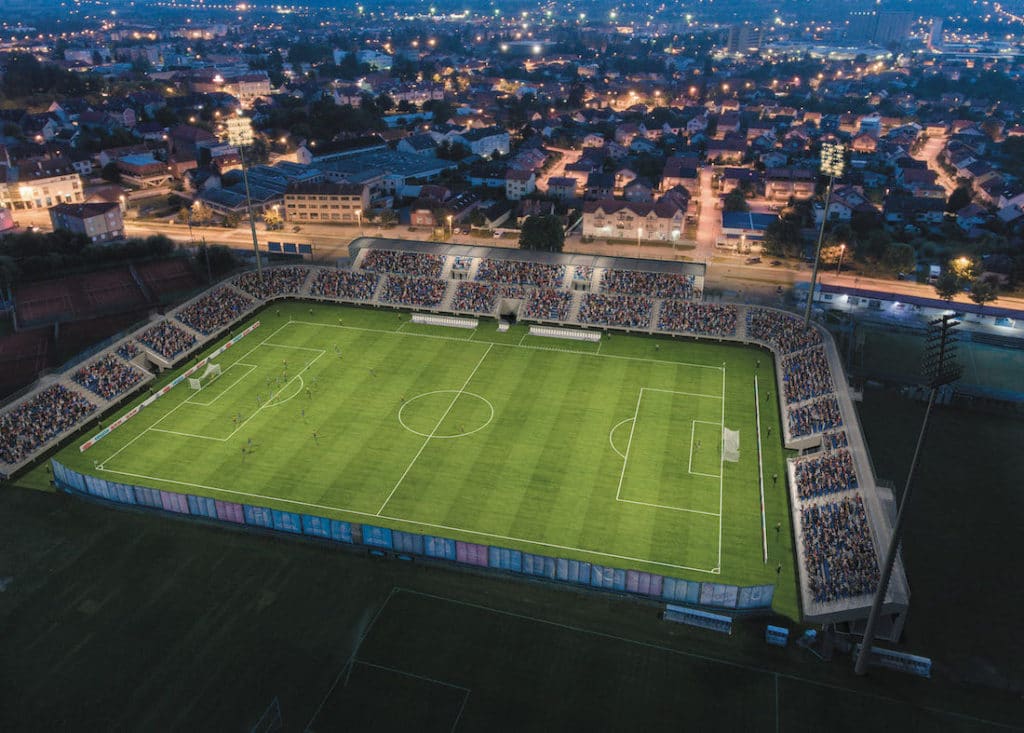
The city of Koprivnica, which owns the stadium, finally finished installing floodlights in May of 2007, making it possible for games in the domestic league and UEFA Europa League to be played at night.
